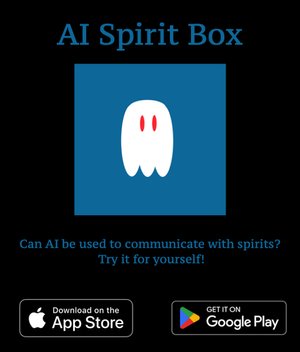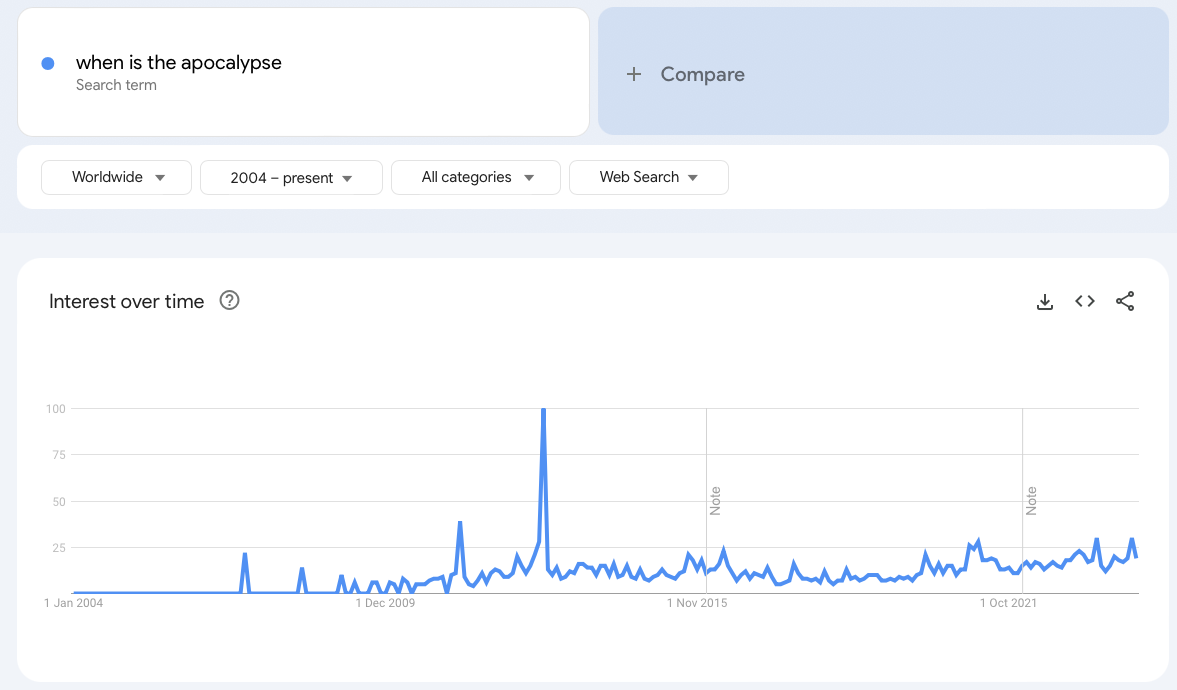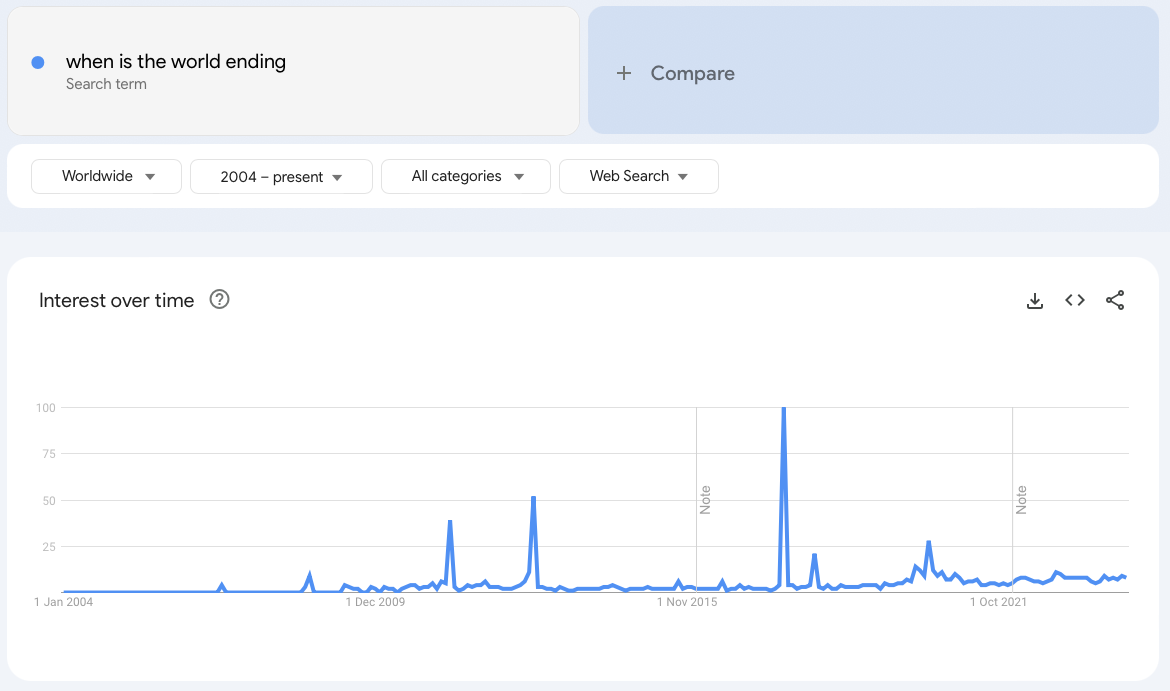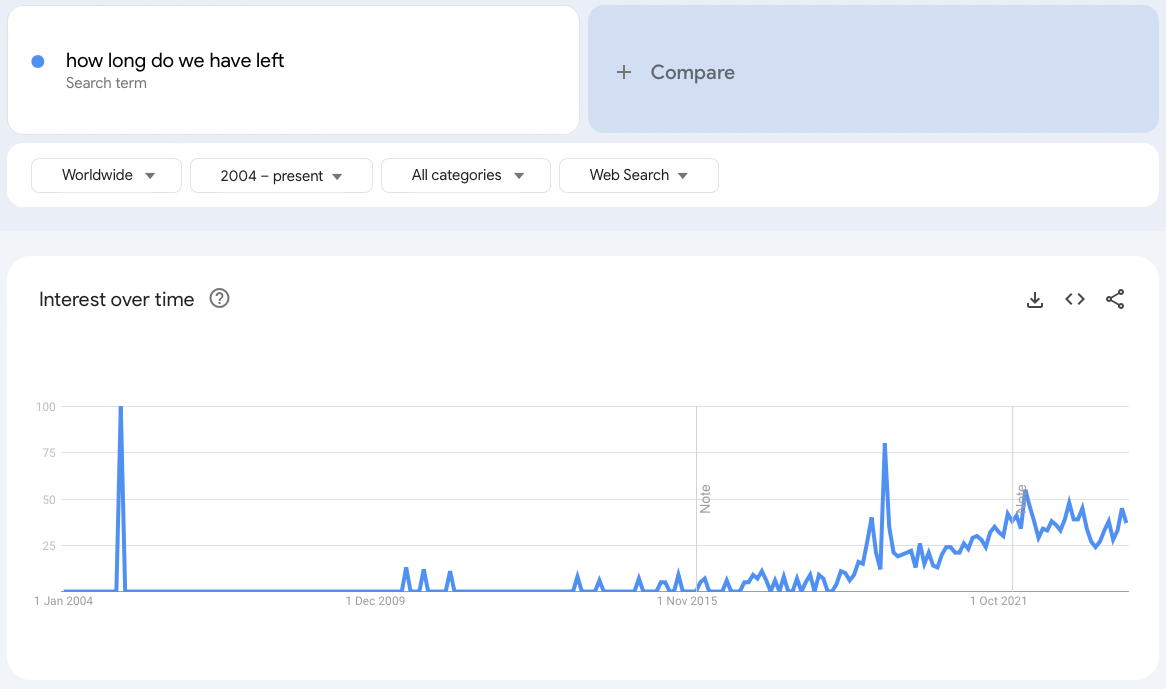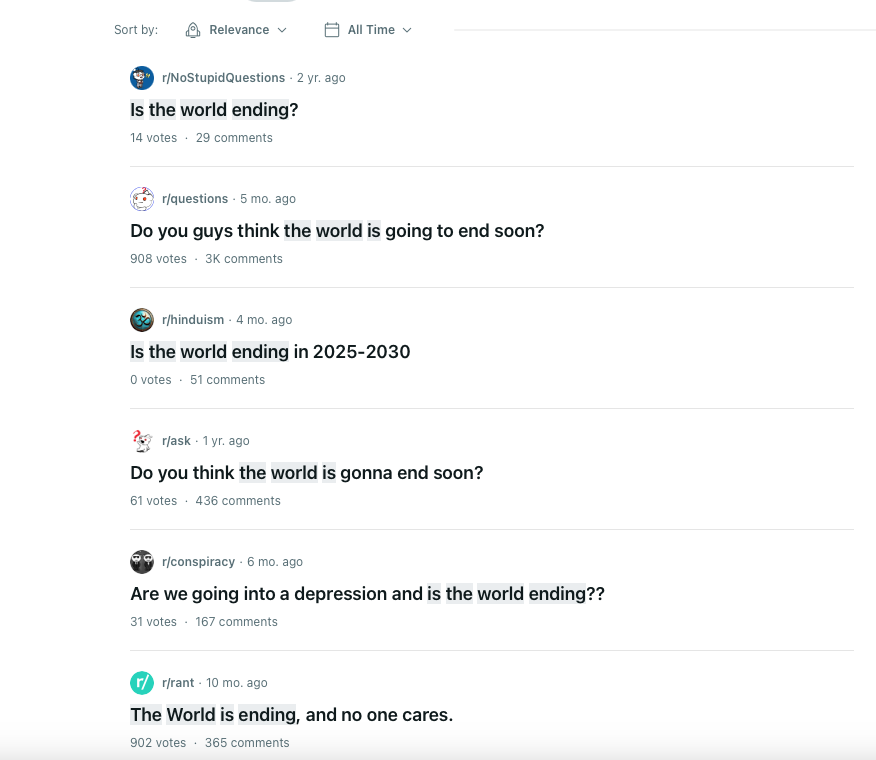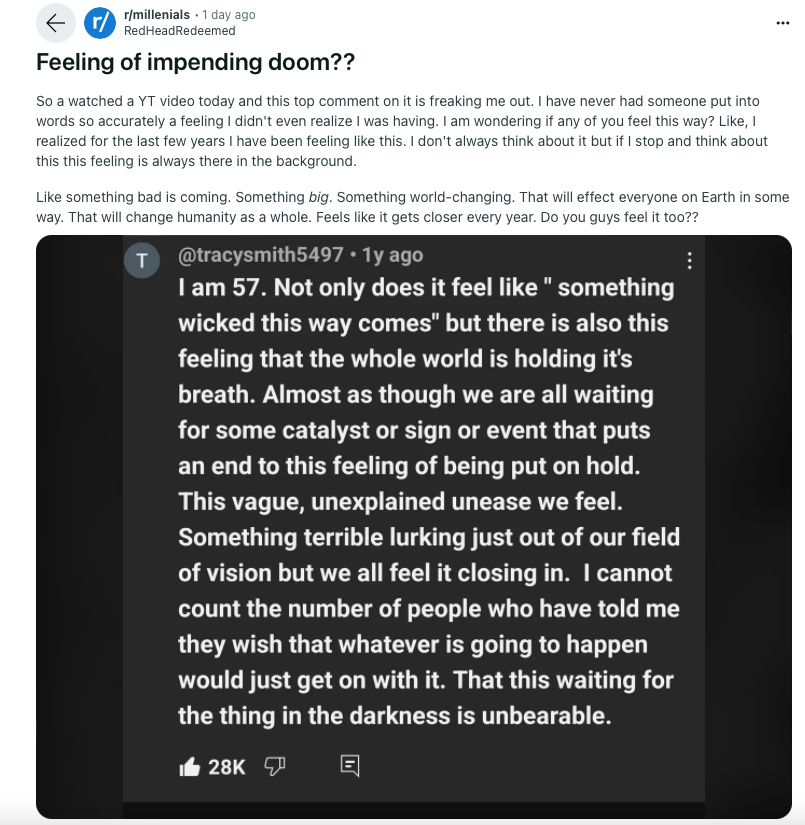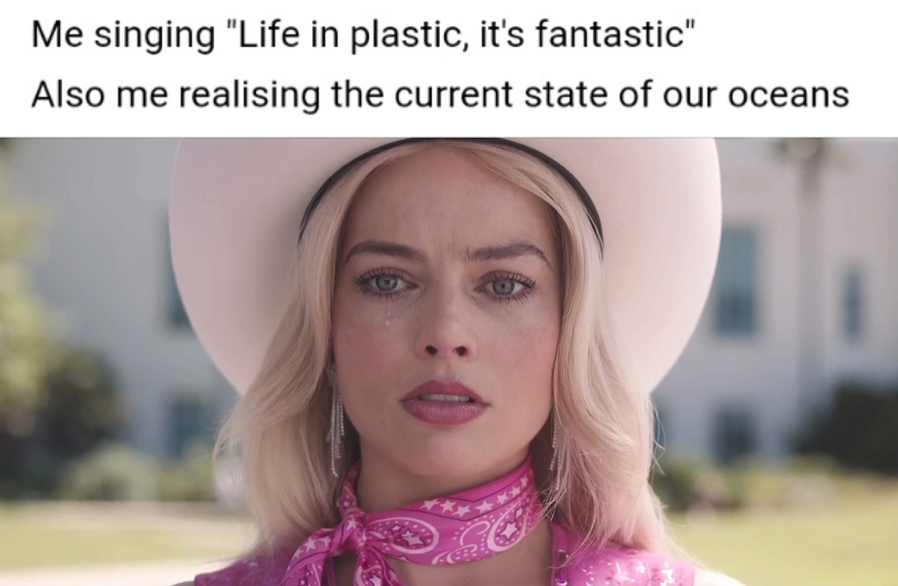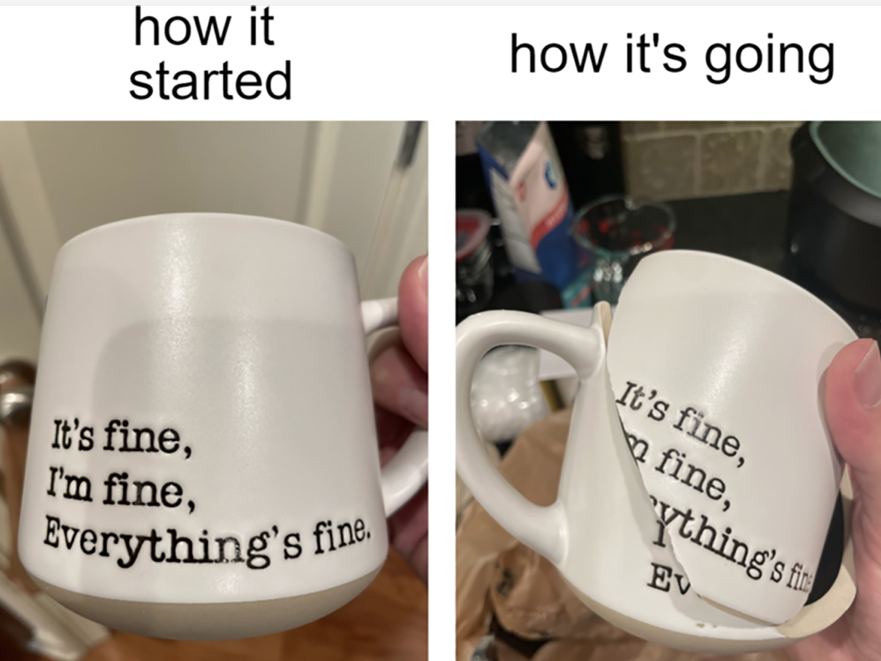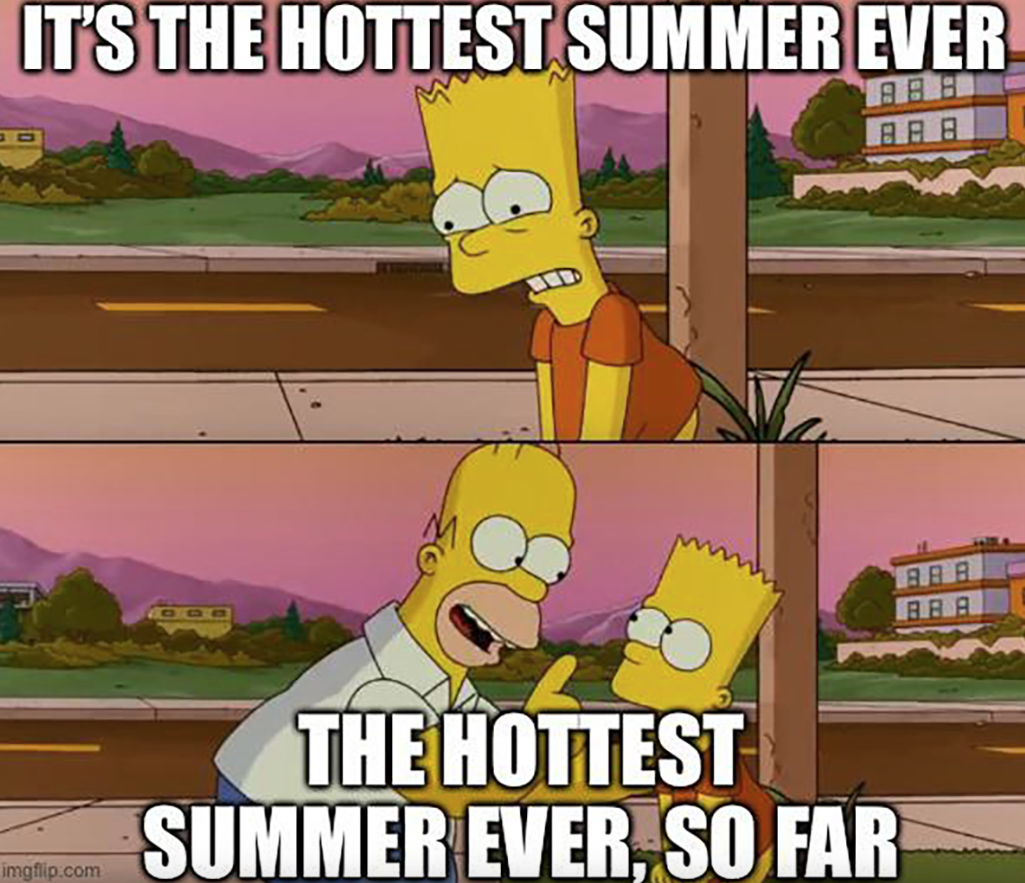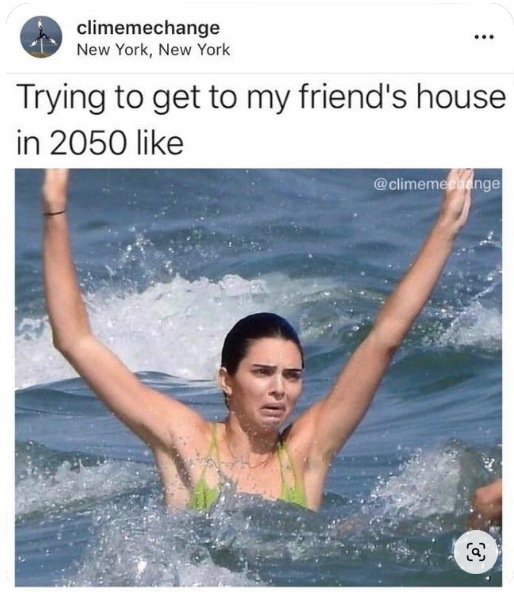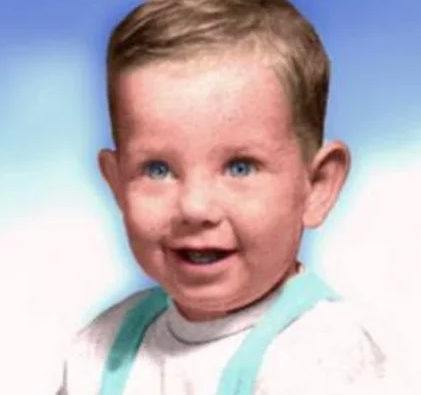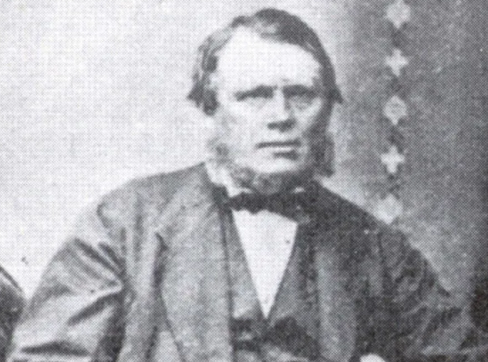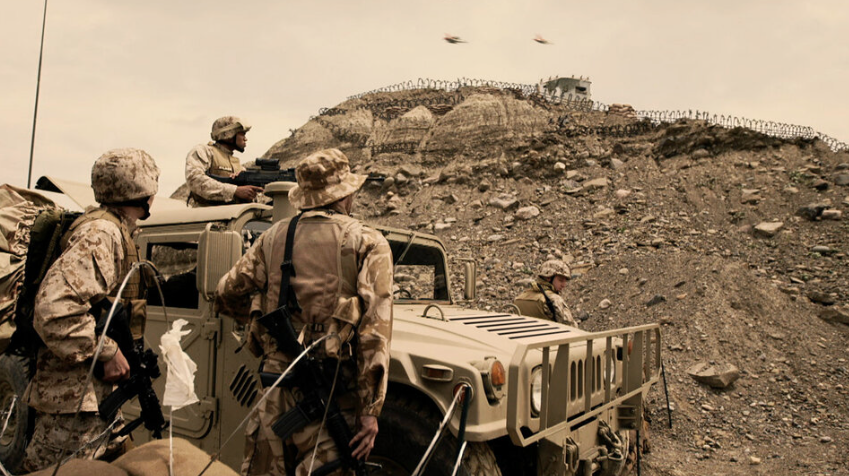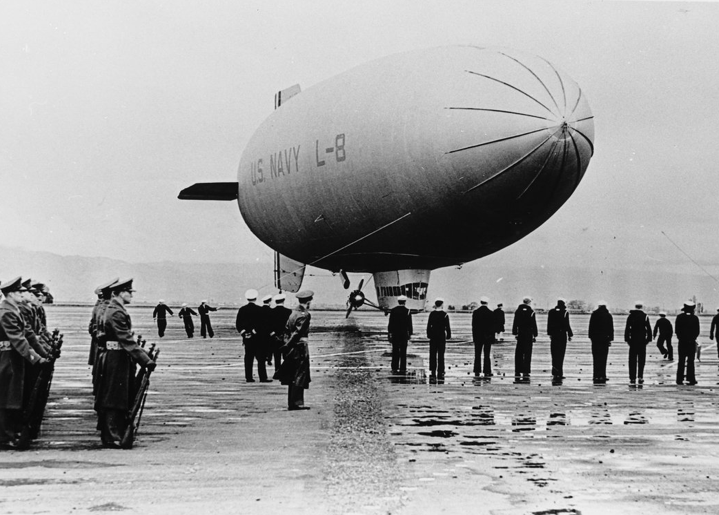Collective Consciousness and Our Impending Doom: Can We All Sense What Is to Come?
Are we all sensing the end of the world as we know it?
Over the last decade, pessimism about the future of humanity seems to have ramped up, particularly in online spaces. Could it be that we instinctively know things are about to change drastically?
It all began with Harambe…
Harambe was a western lowland gorilla who gained international attention in May 2016 when a child fell into his enclosure at the Cincinnati Zoo. Concerned for the child's safety, zoo officials made the decision to fatally shoot Harambe. This incident led to a huge outpouring of grief and memes online.
Throughout 2016, as more and more bad things happened, the internet came to believe that the killing of Harambe somehow set off a string of unfortunate events that seems to be continuing to this day.
While it probably wasn’t caused by the death of Harambe, many of us would agree that there is a general feeling of unease and a sense of impending doom lingering over humanity with a much greater intensity than usual.
Things have been ROugh
Are things really much worse than they have been in the past? We have definitely had a rough few years by anyones standards.
Since 2016, political polarization has surged globally, leading to the rise of extreme ideologies and behaviors. The rise of far-right movements has increased nationalism and xenophobia. Divisive rhetoric has fueled a rise in hate crimes against minority groups, fostering fear and insecurity. Gridlock in policy-making has exacerbated systemic inequalities, making it harder for every day people to get by.
The COVID19 pandemic has caused millions of deaths worldwide and spurred lockdowns which have led to a drop in social cohesion and fundamentally changed the way in which we interact with each other.
The effects of Climate Change have become more and more pronounced over the last few years, leading to a noticeable increase in the intensity of natural disasters like floods and wildfires.
The conflicts in Ukraine and Gaza are leading to unimaginable suffering while we in the West can do little but watch.
Recent innovations in AI technology are threatening to displace thousands of jobs around the globe.
And to top it all off, 2024 has begun with many countries around the world suffering recession and cost of living crises.
We’re Not the Only Ones
While things have been pretty bleak lately, they’re not necessarily worse than events suffered by generations past.
Someone born in the early 1900s would have witnessed several significant and challenging world events. World War I (1914-1918) brought immense loss of life and upheaval, marked by trench warfare and widespread suffering.
Following the war, the Spanish Flu pandemic (1918-1919) swept the globe, infecting millions and causing fear and strain on healthcare systems. The Great Depression (1929-1939) exacerbated economic hardship, leading to widespread poverty and political unrest.
The rise of totalitarian regimes such as Nazi Germany, fascist Italy, and the Soviet Union brought further conflict and suffering. World War II (1939-1945) intensified these struggles, with widespread atrocities like the Holocaust and the use of atomic weapons. The post-war era ushered in the Cold War, characterized by tension between the United States and the Soviet Union and the looming threat of nuclear annihilation.
We’re not the only ones to have suffered several catastrophic, world changing events one after the other in our lifetimes. But why do we have so much less hope that humanity can recover from this?
Feelings of Doom
It seems that wherever you are online these days you’re never far from the doom. The term "doomscrolling" gained prominence in the context of the COVID-19 pandemic, as people found themselves frequently checking news updates and social media feeds for information about the virus, its spread, and its impact. Since COVID, the doom hasn’t really subsided and many find themselves commiserating online with others who are struggling to find hope for humanity in our current reality.
The end of the world is taking over the cultural zeitgeist. Google searches for end of the world related terms have grown steadily over the last decade.
Movies about the end of the world seem to be coming out thick and fast, with content trending darker and providing less hope and resolution.
The world of social media seems to be becoming evermore focused on the possibility of the world ending soon. It’s become a common trope in memes to reference the fact that we’re living through the end of the world. Here’s a smattering of posts discussing the subject, all receiving large amounts of engagement.
Several studies have indicated an uptick in mental health concerns among young people since 2016. For example, a study published in the Journal of Abnormal Psychology in 2019 found a significant increase in major depressive episodes among adolescents and young adults in the United States from 2005 to 2017. Similarly, research published in the Journal of Adolescent Health in 2019 suggested a rise in depressive symptoms and suicidal thoughts among American teens between 2005 and 2017.
Other studies have focused specifically on anxiety. A report by the American Psychological Association in 2018 highlighted rising anxiety levels among young people, with factors such as social media use, academic pressure, and economic uncertainty cited as contributing factors. Additionally, surveys and studies from various countries have reported similar trends in increased anxiety among youth.
But is the current climate of doom more than just a result of our circumstances?
Are We Collectively ABle to Sense That The End (Or Something Big) is Coming?
Could our collective sense of foreboding be a warning that things are about to get significantly worse? Perhaps we are unwittingly able to tap into some knowledge about the future that is to come.
The theory of the Akashic Record is based on the idea that there's a kind of cosmic library containing all information about everything that has happened, is happening, or will happen. This library is not like any physical library we know; it's more like a vast, invisible storehouse of knowledge. People who believe in the Akashic Record think it exists on a higher plane, beyond our normal senses.
According to this theory, every single thought, action, and event that has ever occurred, or ever will occur, is recorded in this cosmic library. It's not just about our individual lives, but about everything that happens in the world, from the tiniest details to the grandest events. Some people believe that this record isn't bound by time or space, meaning it exists outside our normal understanding of past, present, and future.
Accessing this information isn't like going to a library and picking out a book. Instead, believers in the Akashic Record think it can be accessed through altered states of consciousness. This might include practices like deep meditation, where the mind is quieted to the point where it can connect with this higher realm of knowledge. Others believe they can tap into it through psychic abilities or experiences like astral projection and lucid dreaming.
Perhaps many of us are naturally more receptive to receiving knowledge from this universal source and as the end of our way of living grows closer we are able to sense it’s impact, like ripples branching out from a stone thrown into water.
Animals can sense danger in ways we don’t understand. Could we be the same?
Animals can sometimes sense when something dangerous, like an earthquake, is about to happen. Scientists aren't exactly sure how they do it, but there are a few theories.
Animals like dogs have better senses than humans. They might hear or smell things that we can't, which could help them notice changes in the environment before a disaster.
Some animals might be able to feel changes in the Earth's magnetic field, which can happen before an earthquake. Birds and turtles, for example, use Earth's magnetic field to find their way around.
Some animals might just have a natural sense of danger. It's like they have a sense that something bad is about to happen, even if we can't explain why.
While scientists have some ideas, there's still a lot we don't know about how animals sense danger.
Perhaps there is some unrecognised ability shared by us and animals that enables us to sense when something significant is about to happen and this sense is triggering in more and more of us as time passes.
The Sense of Doom Before The Fall
There have been many societal collapses throughout history. In some of these, the people experienced a collective sense of doom before catastrophic events unfolded.
The Fall of the Roman Empire: In the centuries leading up to the fall of the Western Roman Empire in 476 AD, there was a pervasive sense of decline and instability. Economic troubles, political corruption, invasions by barbarian tribes, and internal strife all contributed to a feeling of impending doom among the Roman populace.
The Maya Collapse: The collapse of the Classic Maya civilization in Mesoamerica around the 9th century AD was preceded by a period of drought, warfare, social unrest, and declining agricultural productivity. Maya inscriptions and archaeological evidence suggest that there was a sense of foreboding and uncertainty among the population as their once-thriving cities were abandoned.
The French Revolution: In the years leading up to the French Revolution in 1789, France was plagued by economic inequality, food shortages, and political repression. The lower classes, in particular, experienced a sense of despair and resentment towards the ruling aristocracy. This collective discontent eventually erupted into revolution and the overthrow of the monarchy.
World War I: In the years preceding the outbreak of World War I in 1914, tensions were running high among the major European powers. The arms race, imperial rivalries, and a complex web of alliances created a volatile atmosphere in which many feared a catastrophic conflict. Writers and intellectuals of the time, such as H.G. Wells and Bertrand Russell, expressed a sense of foreboding about the future.
The Cuban Missile Crisis: In October 1962, during the height of the Cold War, the world stood on the brink of nuclear war during the Cuban Missile Crisis. As the United States and the Soviet Union engaged in a tense standoff over the placement of nuclear missiles in Cuba, there was a palpable sense of dread and fear among the global population. Many people feared that the crisis would escalate into a full-scale nuclear conflict with devastating consequences.
Collapse is Probably Coming Sooner Rather than Later
The polycrisis and the interconnectedness of our world means that when one society collapses, others are likely to fall like dominoes. We are able to sense that things aren’t right. Science backs up our instinctual feelings about this. Whether it’s a paranormal sense we don’t understand or simply a reflection of the times we live in, we’ll leave it for you to decide.
Do you think societies mood is dictated by the collective consciousness or is it just a sign of the times? Let us know in the comments.
Since we’re on the topic of predictions you might be interested in the 90’s card game that may have predicted 9/11 or rest home cats that predict death.
Maybe AI is going to end the world as we know it… or maybe AI can help us communicate with spirits! Try our AI Spirit Box app and see what you think.
